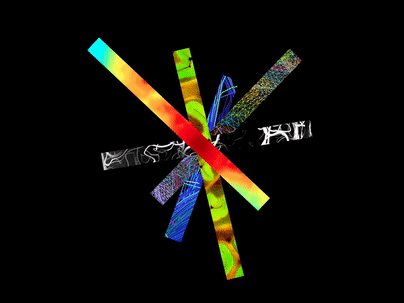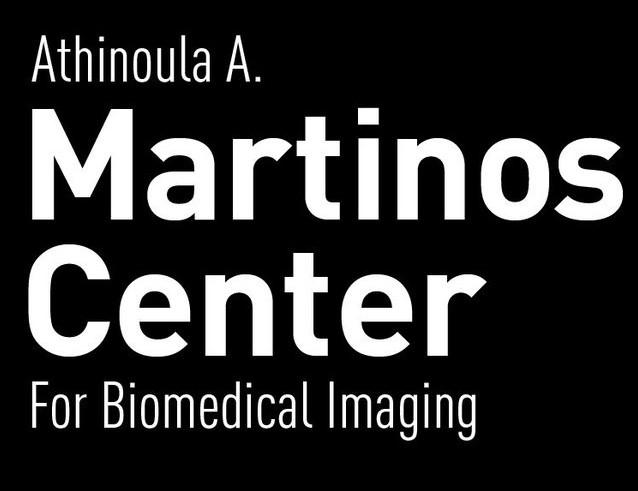About Us
For more than a decade, we have studied the human visual cortex using functional Magnetic Resonance Imaging (fMRI). In our studies, we use advanced high-resolution neuroimaging techniques and the state-of-the-art equipment to reveal fine mesoscale neural structures that shape human behavior.
In collaboration with clinicians in Massachusetts General Hospital (MGH) and Boston Children’s Hospital (BCH), we also study the impacts of various neurodegenerative, neuropsychological and developmental disorders on visual perception and the neural mechanisms underlying them.

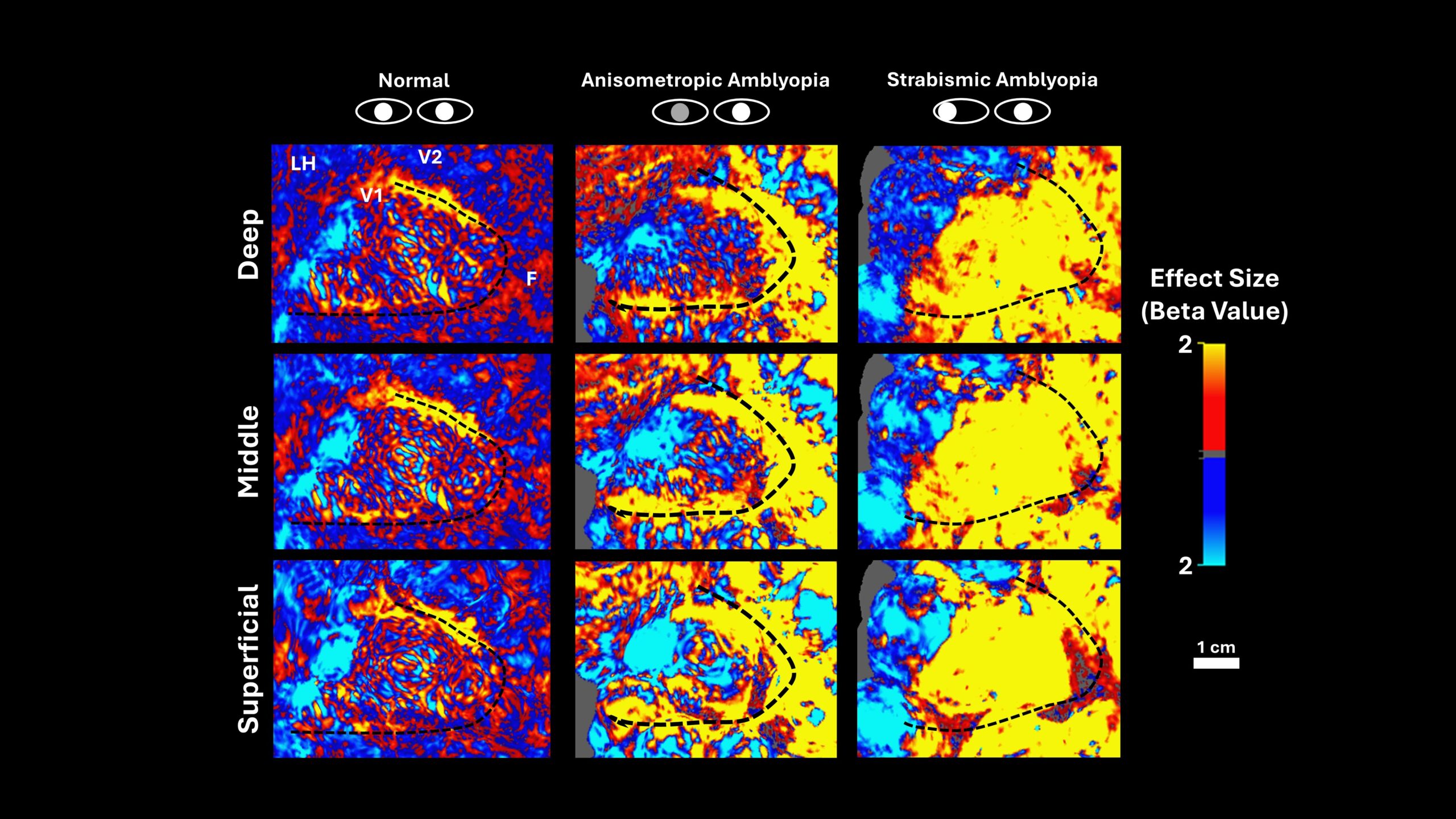
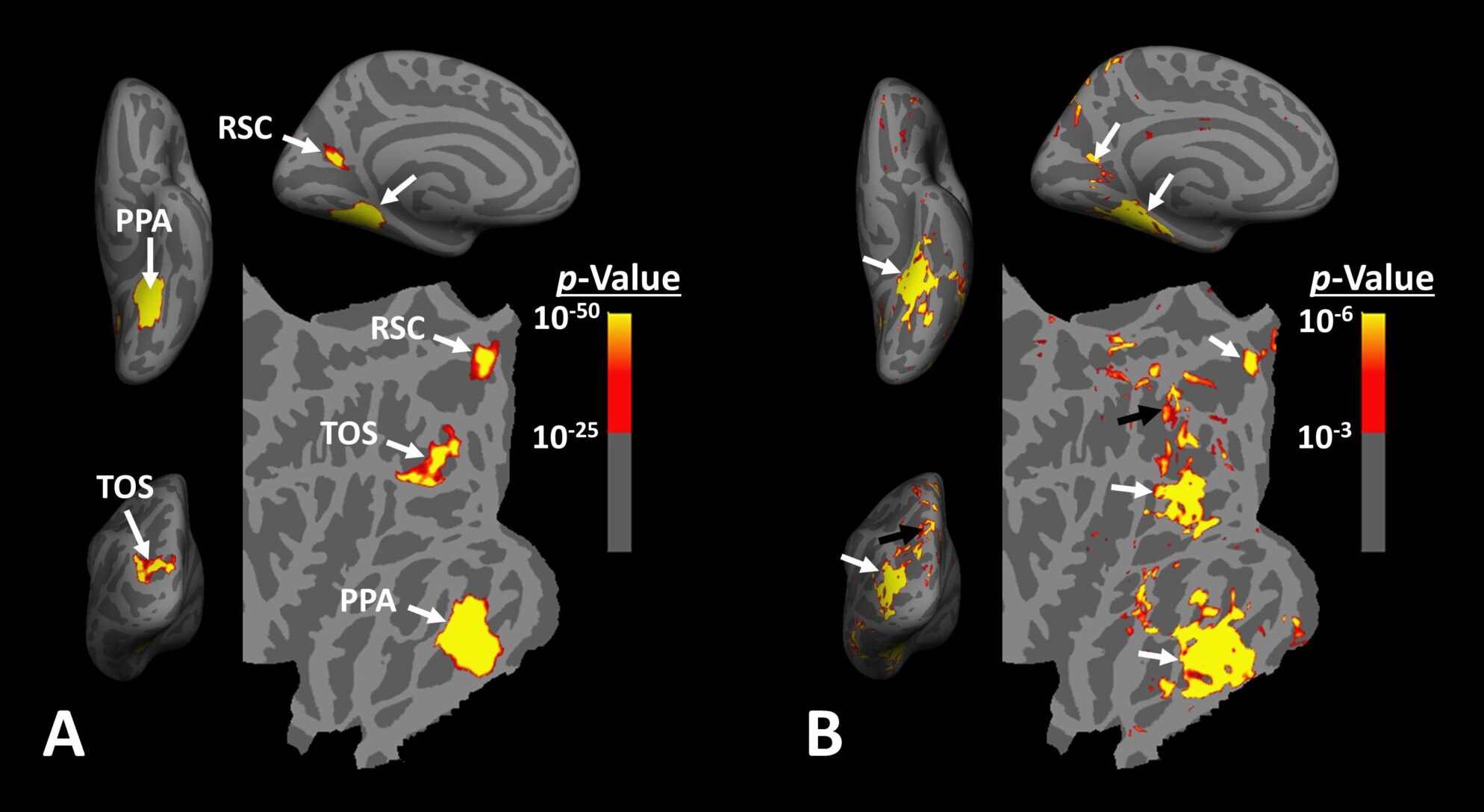
Conference Talks
Watch our most recent talk on “Visualizing Cortical Columns within the Retinotopic Visual Areas pf Humans with Normal and Amblyopic Vision”
For more talks and journals visit Publications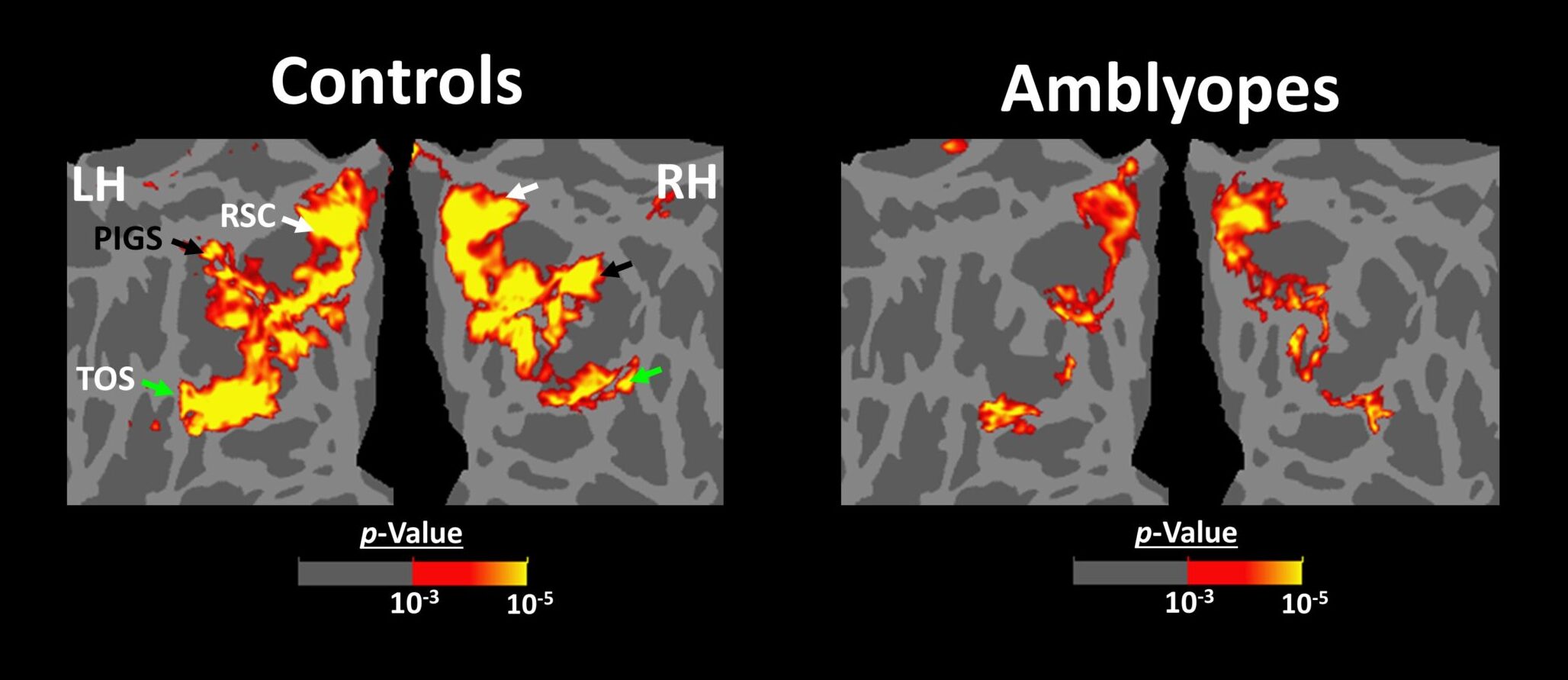
In the spotlight
Amblyopia (lazy eye) is a developmental disorder associated with reduced performance in visually guided tasks, including navigation within natural environments. Our new findings, to be presented in the upcoming ECVP, show that this impairment is due to a decrease in the level of scene-selective activity within the posterior intraparietal gyrus scene-selective (PIGS) area, a newly discovered region that responds selectively to ego-motion within naturalistic environments (Kennedy et al., 2024; eLife). These results provide novel and direct evidence for amblyopia-related changes in scene-processing networks, preparing a foundation for future studies to potentially link these changes across the spectrum of documented disabilities in amblyopia.
